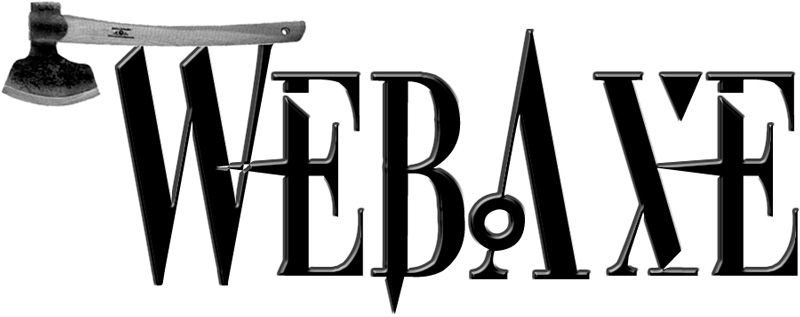As you may know, Acrobat 9 has recently been released. Fortunately for all, making PDFs accessible is even easier than ever.
There’s some good information on the Acrobat 9 accessibility FAQ page, and many accessibility features are explained. Here are the highlights:
- Acrobat has an OCR text recognition feature that allows you to apply OCR to the scanned pages.
- The form tools in Acrobat 9 Pro and Acrobat 9 Pro Extended allow you to automatically recognize form fields in PDF files and Microsoft Word documents.
- Several tools can create tagged PDF files automatically, including: Microsoft Office applications when Acrobat is installed; the most recent versions of Adobe FrameMaker®, InDesign®, LiveCycle Designer ES, and PageMaker®; the Web Capture feature in Acrobat.
Podcast on creating accessible PDFs
[update June 6] Refresh Detroit’s next meetup will feature a presentation on this topic. Acrobat: Features, accessibility, and version 9 – June 18, 2008
